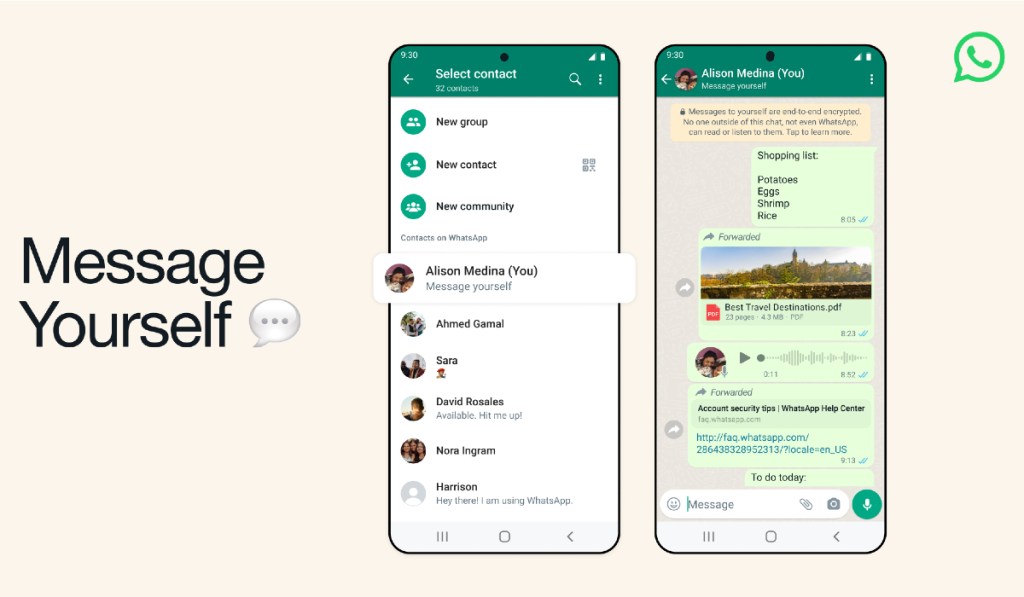Although the messaging application is so commonly used that it needs no introduction. It would only be fair if we get to know more about the app that we use so much before we could jump onto some conclusions.

Credits: Tech Crunch
WhatsApp’s Success:
The Facebook owned app is one of the most popular messaging services in the world. WhatsApp is used not only for personal communication purposes among friends and family but also by large corporations to effectively communicate with one another. The app allows users to send text messages, voice messages, make voice and video calls, share images, videos, and documents. The accessibility of the app might also be a reason for its success around the world. The application is supported by most devices and can be downloaded on iOS, Android, and Windows phones. WhatsApp Web, an extension of the app also makes it fit for use on a PC or a laptop.
Privacy Promise:
One of the key feature of the app which Facebook has been advertising is its end to end encryption promise. This feature ensures users that only the sender and recipient of any conversation on WhatsApp can access the content of their messages. As per claims made by the messaging app, not even WhatsApp could read the conversations among its users. The marketing team of the company has largely publicized this feature with the promise of keeping customer data safe and secure.
History:
Launched by ex Yahoo employees Brian Acton and Jan Koum in 2009, WhatsApp quickly took over the messaging market and was a hit. The app became widely popular in numerous countries which were emerging markets like India and Brazil. In some countries, the app has become the primary means of communication for millions of people. Later, the app was acquired by Facebook in 2019 for $19 billion marking one of the biggest tech acquisitions in our history.
Privacy Concerns:
Although the company claims to be one of the most secure communication apps with its end to end encryption, WhatsApp has always been at the center of controversies around privacy and misinformation. About two years back, the messaging app announced a controversial update to its privacy policy, which caused numerous users to switch to other applications like Signal and Telegram. The update required users to share certain data with the app’s parent company. The data included details like phone numbers and other information. However, after facing backlash from users and regulators, the company decided to delay the implementation of the update.
Another concern that some experts and users of the app have raised is the possibility of wrongful use of the data that the application gets access to in order to provide its services. While most apps do require some kind of permissions to perform their purpose, WhatsApp has a different variety of tasks to perform. This eventually leaves the app with the permission to a user’s contact list, microphone and even camera. While the app itself claims to be encrypted, it requires access to details which could potentially include sensitive personal information.
Recent Development:
Among numerous other users of the app who were questioning the app about their privacy claims was billionaire CEO of Twitter, Elon Musk. Elon questioned the odd timings that WhatsApp would access the microphone when it was not required to. In a recent image shared by a Twitter engineer, it could be seen that WhatsApp is using the microphone in the background at times it had no reason to do so.
WhatsApp has claimed that this was a problem with the android device and they do not by any means violate the privacy of their users.











